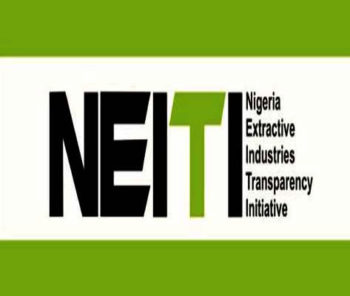
The Nigeria Extractive Industries Transparency Initiative (NEITI) has said that the Nigeria Petroleum Development Company (NPDC) is inefficient.
While speaking to journalists about the recently released NEITI policy brief titled “Unremitted funds, oil sector reforms and economic recovery”, Waziri Adio, executive secretary of NEITI, urged the federal government to revisit and re-valuate the transfer of oil assets to the company.
Adio said reviewing the transfer is important because NPDC has refused to remit about $5.5 billion and another N72 billion to the federal government.
“The review has become imperative in view of the under-valuation, non-payment for the assets and the inability of the NPDC to either make returns on the investments or be accountable to the federation over its management of Nigeria’s oil assets in its custody,” a statement signed by Orji Ogbonnaya Orji, NEITI’s director of communications, read.
“Since 2005, NNPC has transferred 16 OMLs to NPDC. However, the process of transfer of these assets raises serious questions, as there appears to be no clear-cut criteria for transfer of oil mining assets to NPDC.”
NEITI also said NPDC has not paid $3.925 billion for the 12 oil blocks transferred to it by NNPC which accounts for NNPC’s 55% shares in the Shell joint venture and NAOC JV.
“The process for the transfer of federation’s assets to NPDC does not seem to pass the transparency test. One of the upshots of this is the undervaluation of these assets, thereby depriving the federation of optimal value for the assets.”
The statement said NPDC has refused to give accounts of its operations and refused to cooperate with audits ordered by the auditor-general of the federation in 2015 and only partially cooperated during the 2013 and 2014 audits.
“The lack of technical know-how has been evident since the mid-2000s when the NPDC started engaging in service contracts with international oil companies. Also, NPDC’s lack of finances has been evident since the beginning of the 2010s, when the company resorted to Strategic Alliance Agreements (SAAs) with indigenous oil companies to carry out production on the fields in its possession.
“In mid-2006, total output from its wholly owned production was just 10,000 bpd. On the other hand, production from its service contract agreement with Agip was 65,000 bpd. Despite NPDC’s clear operational and capacity deficiencies, the company continues to be allocated valuable concessions of Nigeria’s most productive OMLs.”